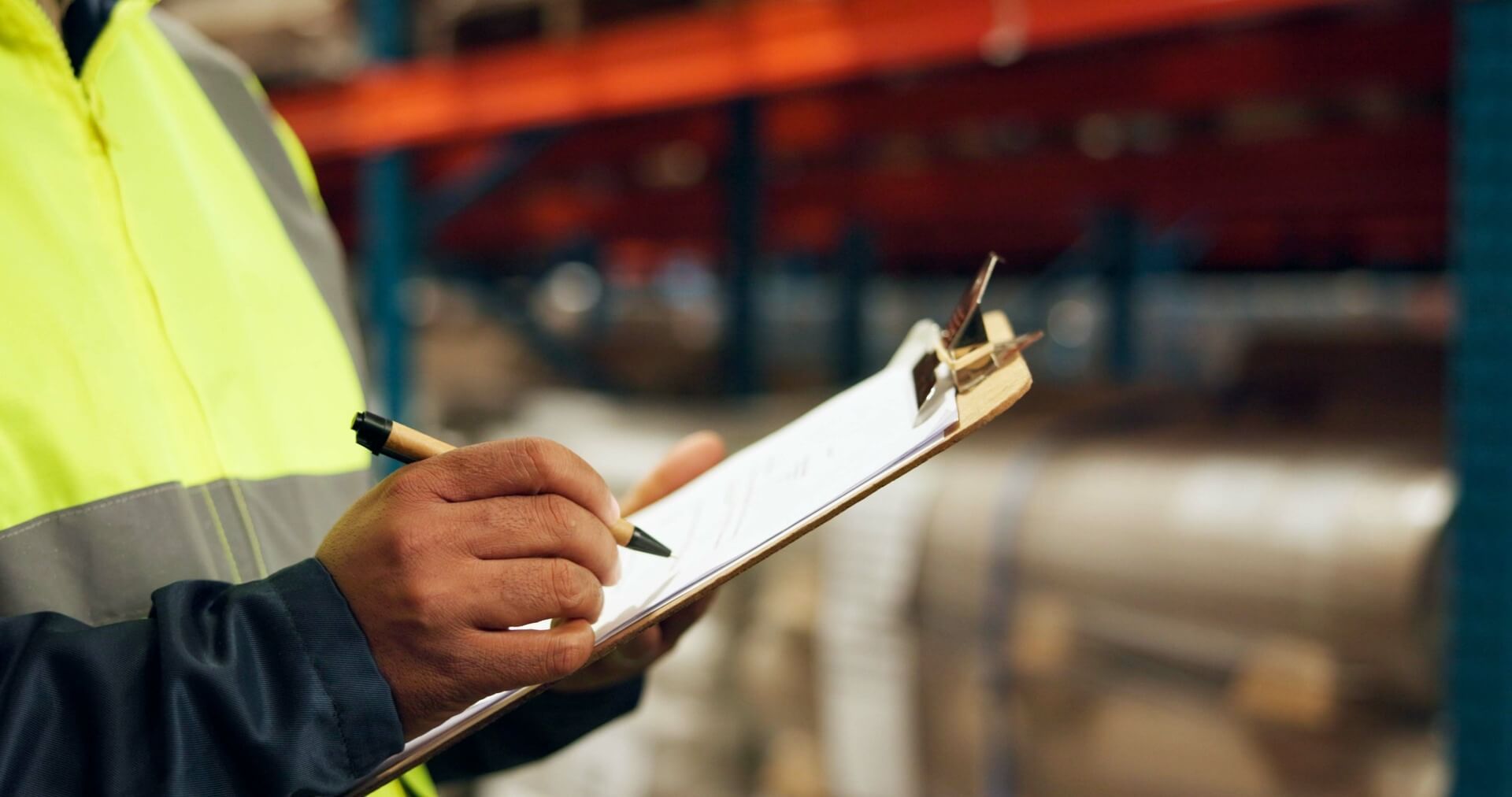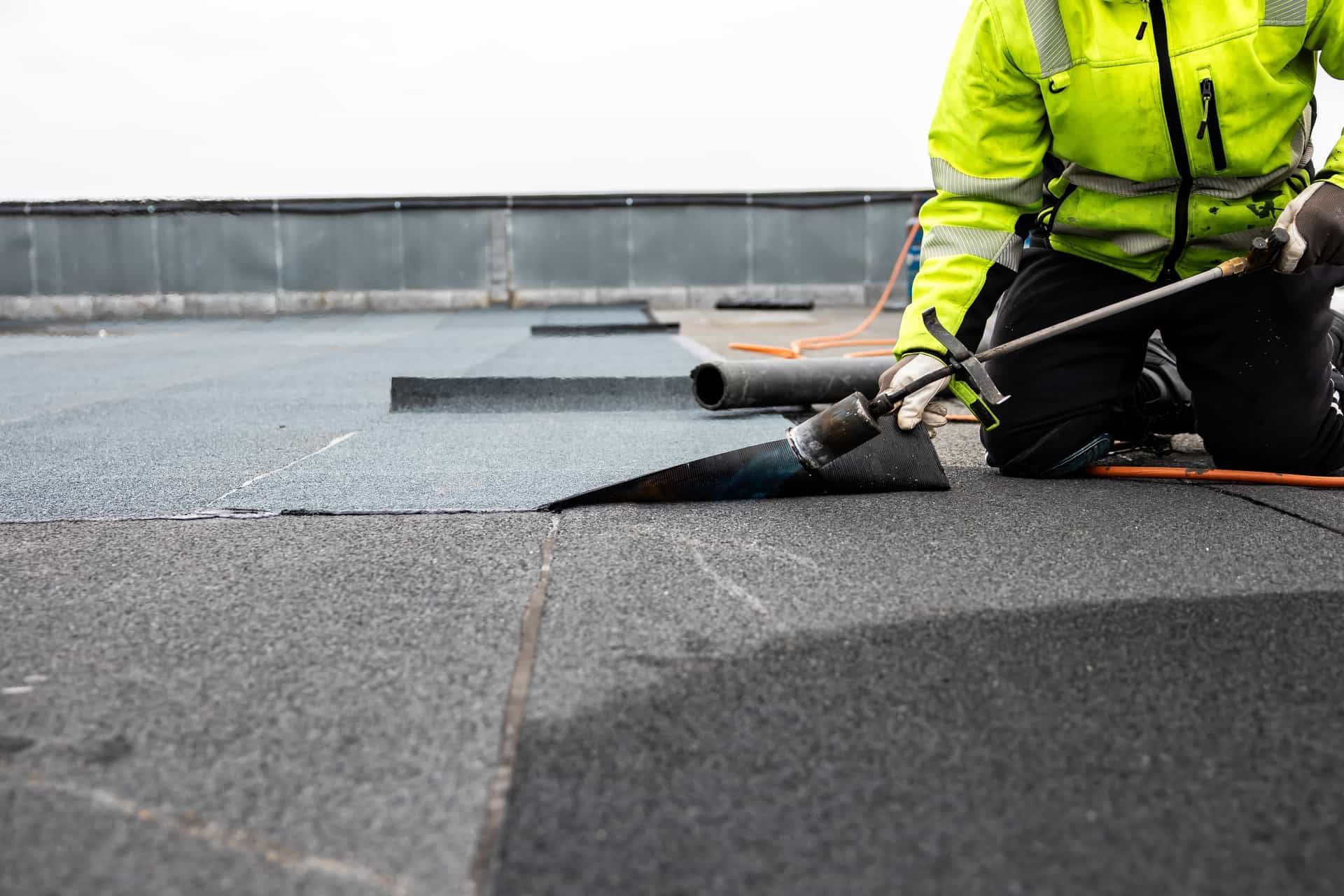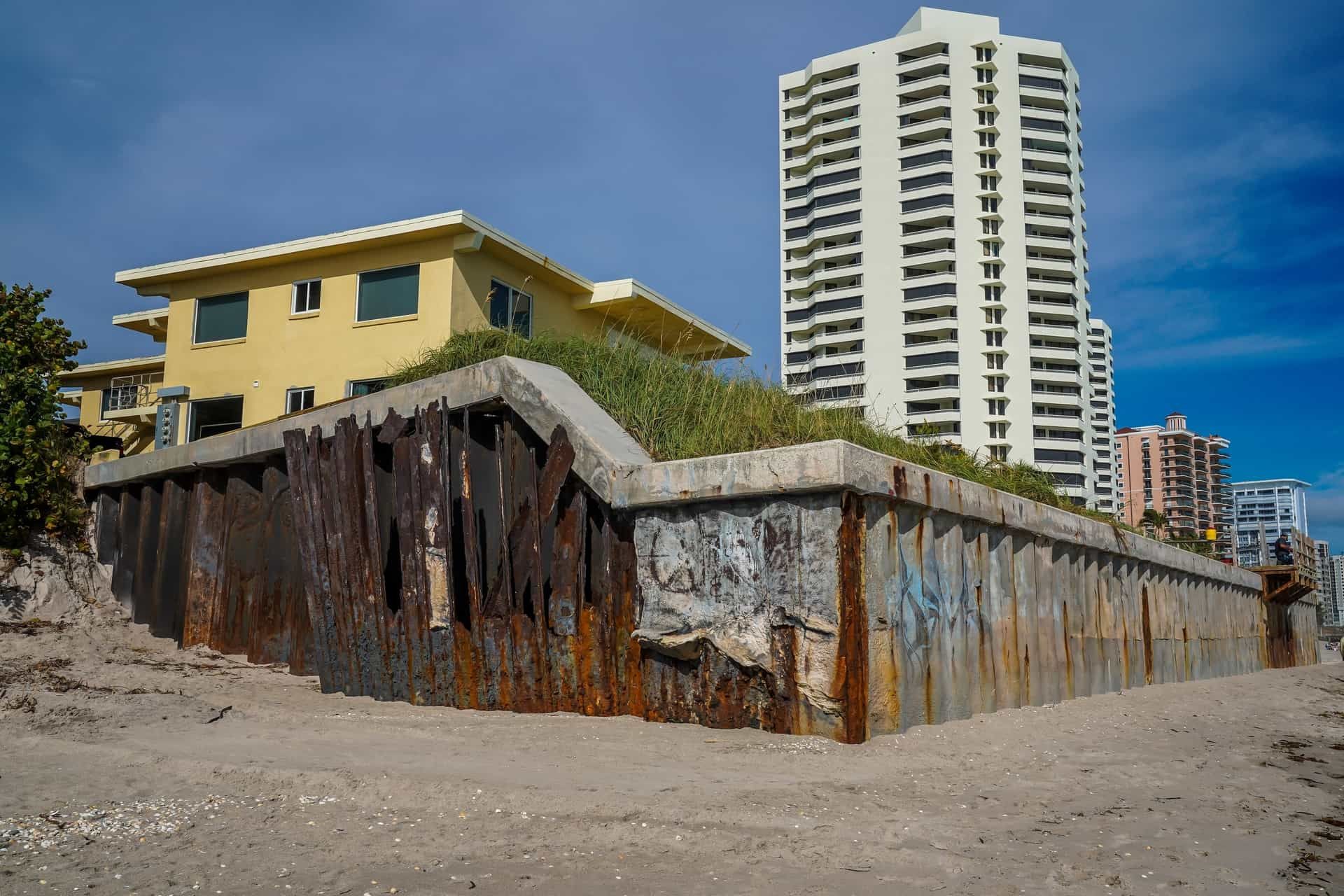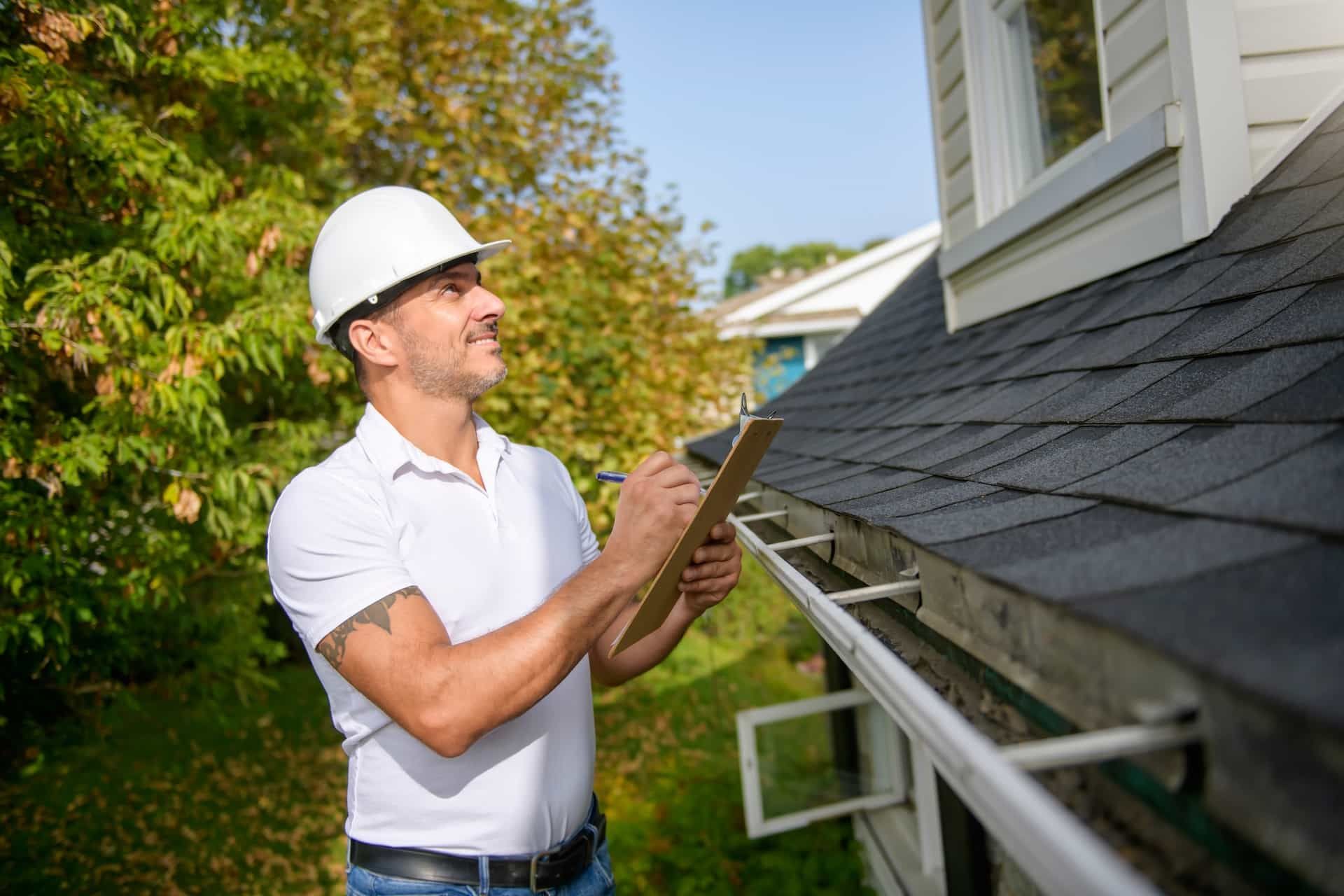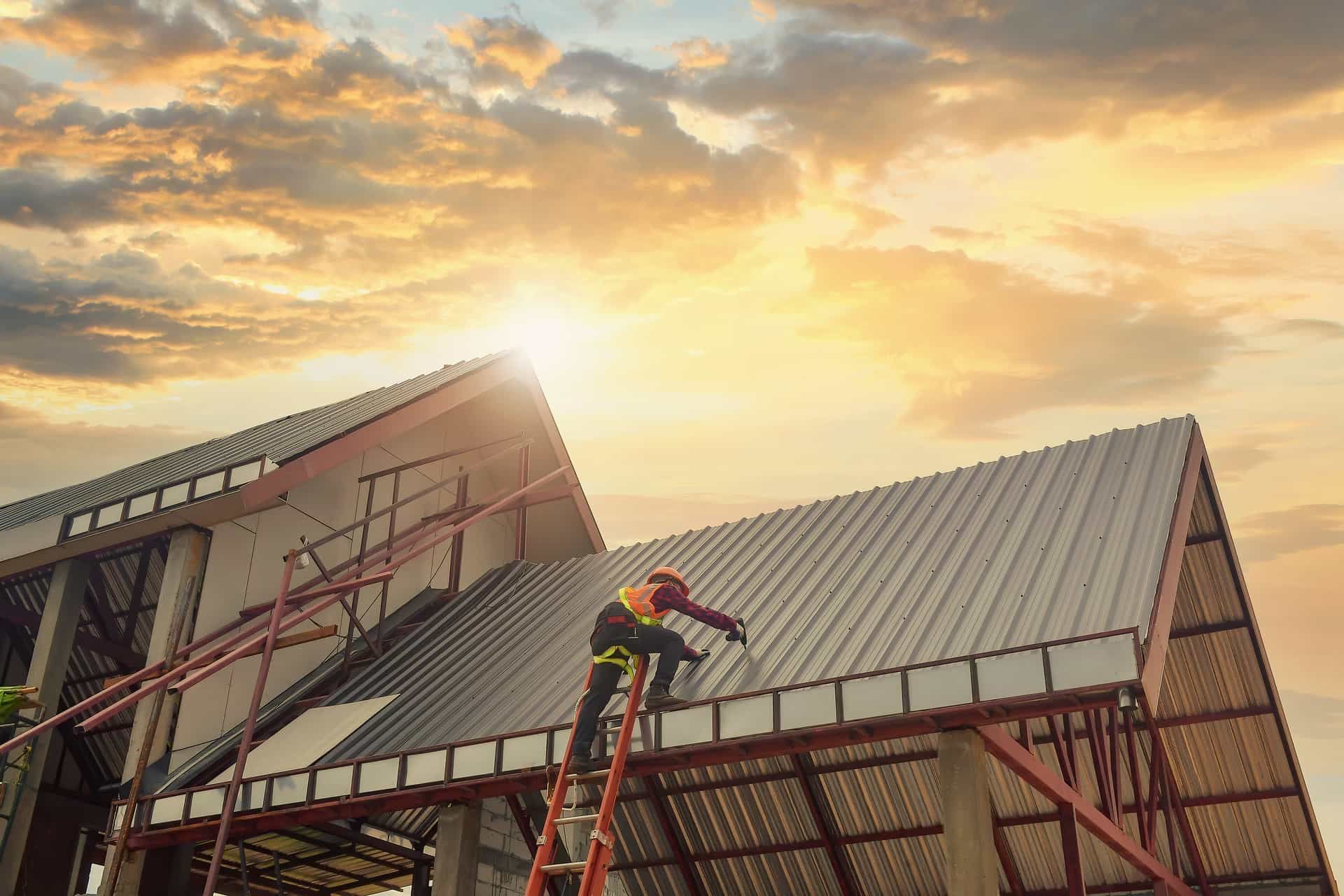What You Need to Know About Well Inspections
There are many positive sides to living in a remote area. However, there are also noteworthy challenges you should take into account. For example, one of the biggest drawbacks is the lack of public water supply. As such, many citizens must rely on private wells for their household’s water needs.
While modern wells are a drastic improvement from their rudimentary predecessors, they are still prone to problems that could place your family’s health in jeopardy.
Regular checkups of water wells are imperative to ensure the safety, functionality, and proper operation of a
private water well. Naturally, you should leave this to licensed professionals who can conduct detailed water well inspections that help unveil potential issues, including health risks or poor water quality.
Water well inspections are equally important for existing homeowners and those looking to purchase a property with a private well.
Testing the water quality and evaluating the well’s condition before finalizing the deal is an important precautionary measure. While not mandatory for property purchases in Florida, hiring an inspector will save you from significant problems in the future.
What Are Some Common Problems With Private Wells?
In many cases, homes outside the sewage and water grid require a septic system in addition to a well. The primary concern is whether the septic system often situated nearby is polluting your water supply.
This isn’t to say using both systems is problematic. In fact, it’s very beneficial as it’s environmentally friendly and you’ll incur no sewage costs. Still, the chances of a leak are never zero. And if anything happens, your sewage system could contaminate your water source.
The solution is simple. You should have periodic water well inspections to stay on top of any potential issues. This inspection provides insights into the condition of the well and helps confirm its future reliability.
Plus, if you’re purchasing a property, you can gain crucial information about the well’s proximity to pollution sources. For instance, the inspector can check the relation between the septic field and the well and confirm whether the well is located uphill from the septic system. This is important as it can prevent surface-polluted water from reaching the well.
When Is The Right Time To Get A Water Well Inspection?
If you own a well, it’s your job to maintain it. This is perhaps one of the biggest downsides of wells when comparing them to the communal water grid. Along with maintenance, you should have the water source inspected at least once every year.
Are there any indications you should schedule a well inspection immediately?
Yes, contact a professional when you notice any of the following:
- Water is emitting a strong odor or has an odd taste
- Water is cloudy
- Loss of pressure capacity or increased well output
- Problems with the well equipment such as pump cycling on and off at random intervals
Additionally, having the well inspected whenever it's opened for any reason (such as when the seal is removed) can save time. If a water test reveals impurities like anaerobic
bacteria, total coliforms, or any other impurity, hiring an expert for remediation and well disinfection becomes necessary.
What Can You Expect From Water Well Inspections?
In essence, a water well inspection is a detailed evaluation of the entire well system. It covers everything from checking the quality of the water to evaluating the general condition of equipment such as a submersible pump.
The inspector will examine every inch of the pressure tank (usually located in the basement), and they’ll try to find evidence of mechanical defects such as faulty gauges, leaking seals, and the presence of rust in the tank. Some of these issues could potentially decrease the water pressure and allow pollutants to spread to your drinking water.
A typical Florida water well inspection covers these parts of your water well:
- Well hole
- Well casing
- Grout
- Well cap
- Jet or submersible pump
- Electrical wiring
- Pressure gauges and valves
- Control boxes
- Pressure tank
- Capacitors
Furthermore, a well inspection measures the level of pumped water, which helps determine the pump's working rate over time and ensures all components are in working condition. For electric pumps, the process is a bit more involved and involves measuring the amps and ohms that the pump draws to confirm its consistency.
The entire process, which can include a water test, takes two to three hours (timing may vary according to your property’s size and the complexity of the system). Once the water test results arrive, the inspector will provide their findings in a detailed inspection report.
How Much Do Water Well Inspections Cost?
Without knowing all the information, such as the size, location, and the type of your well, it’s impossible to provide you with an accurate quote. Prices vary among providers and depend on the types of water test required.
For instance, you can expect a small surcharge if the inspector has to send the water samples to a lab.
To save money, we recommend bundling a water well inspection with a septic system inspection. This approach provides a more accurate assessment of the property's systems while potentially saving several hundred dollars.
This is especially helpful for buyers as regular home inspections cover neither the septic nor the water system. Considering it may take up to $20k to remediate any hidden damage, the price of the inspection is likely more than worth it.
Can’t Put A Price On Your Health And Safety
Regardless of the price and the hassle (who wants to endure an inspection, after all), prioritizing your family's health is paramount. Since water is the source of life, ensuring your well system is safe and provides water of the highest quality should be one of your biggest concerns regardless of the circumstances
But Who Should You Call?
When in doubt, go for an inspection company with the credentials. Here at Certified Inspectors, we offer inspection services of the highest quality. With 30 decades of experience and exquisite customer service, you really can’t do better - especially when considering the discounts you can achieve by booking multiple inspections.
Schedule a well water inspection by calling
(561) 570-6311 or
filling out our contact form.
Disclaimer: The information on this website and blog is for general informational purposes only and is not professional advice. We make no guarantees of accuracy or completeness. We disclaim all liability for errors, omissions, or reliance on this content. Always consult a qualified professional for specific guidance.
Share the post:

